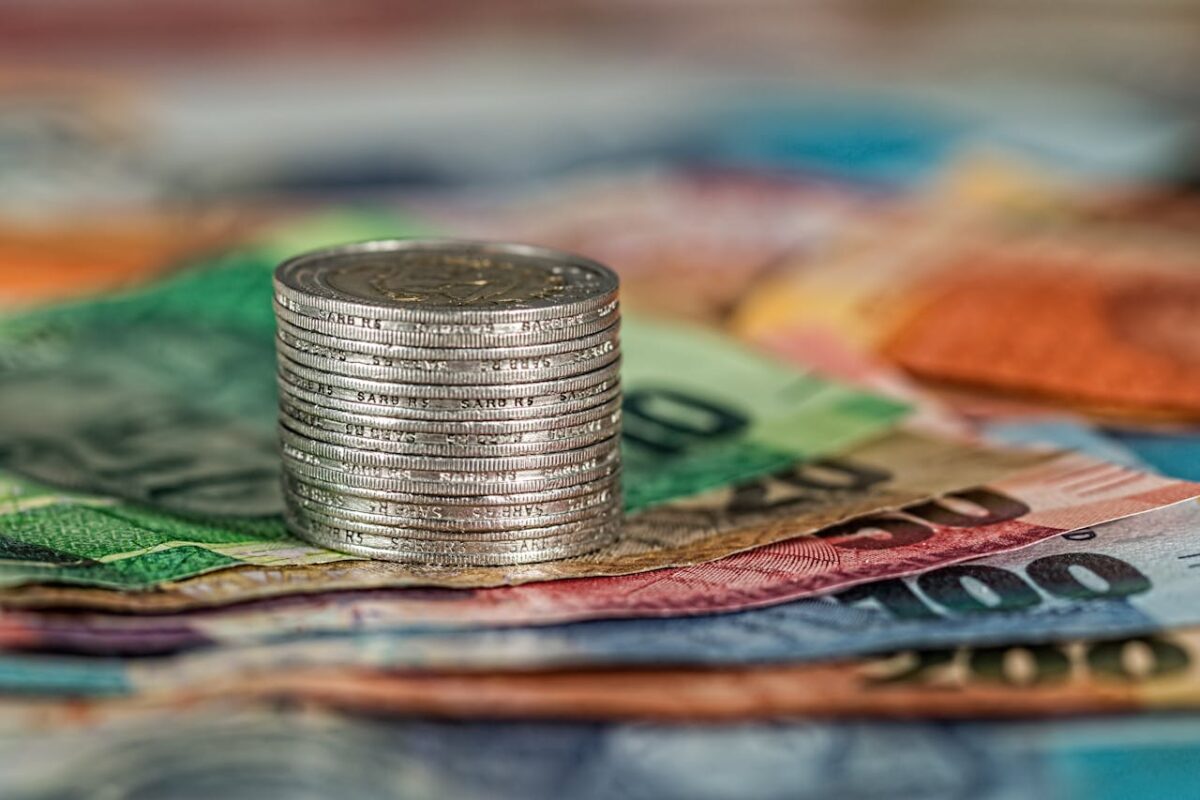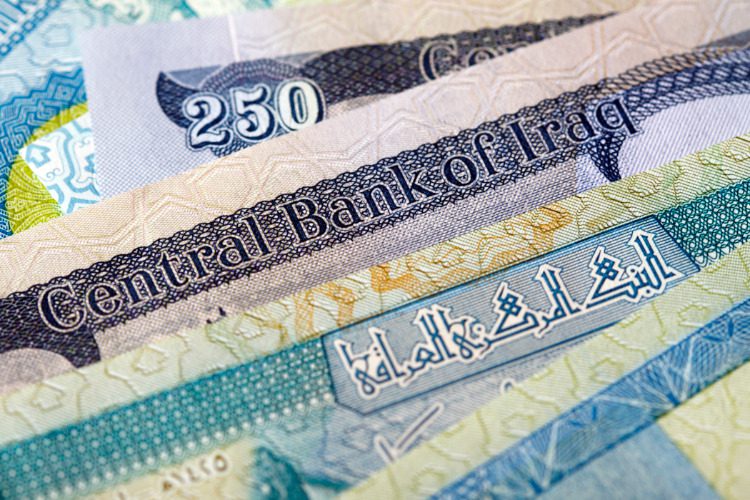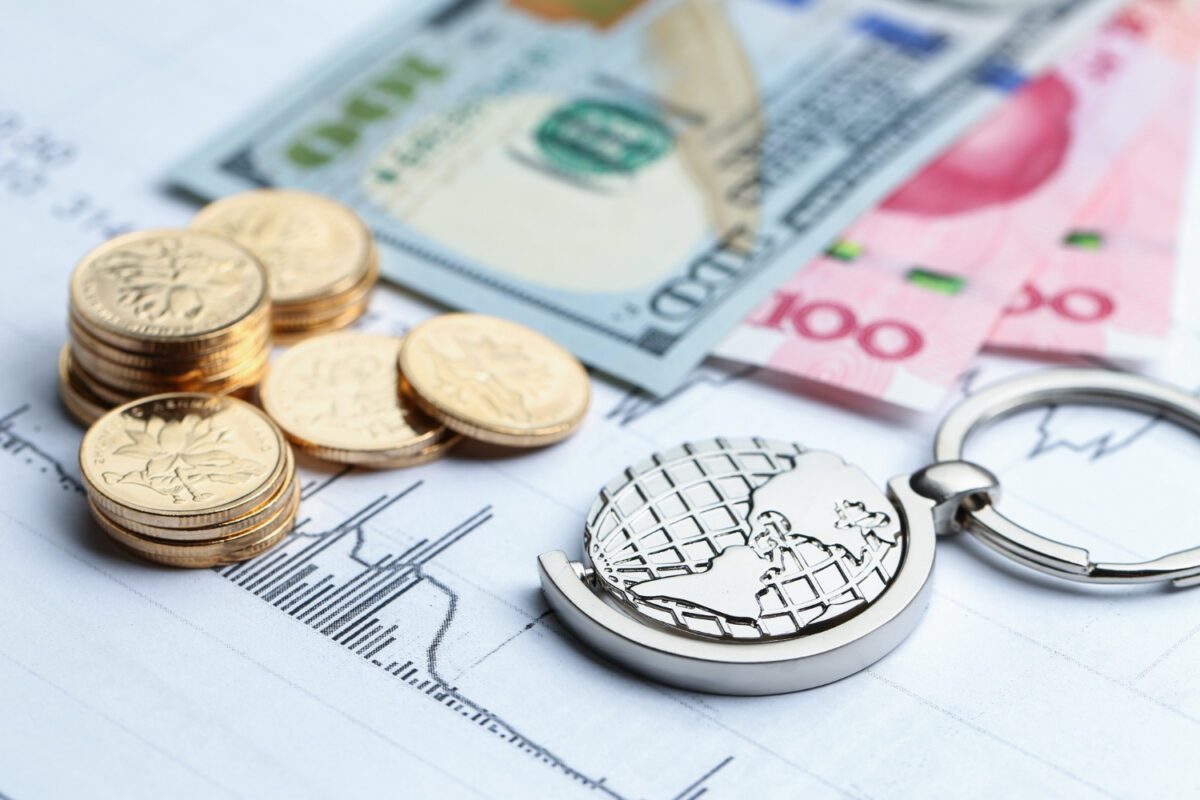The regulation of the Iraqi Dinar (IQD) plays a crucial role in shaping Iraq’s economic future. For many citizens, the value and stability of their national currency directly impact their daily lives — from the cost of groceries to the stability of their jobs. Proper currency regulation offers a wide array of benefits that not only promote economic stability but also foster long-term growth and prosperity. In this blog post, we’ll explore the key advantages of regulating the Iraqi Dinar and how it positively affects the nation and its people.
1. Promoting Economic Stability
One of the most significant benefits of regulating the Iraqi Dinar is the promotion of economic stability. A well-regulated currency helps reduce inflation and protect the purchasing power of Iraqi citizens. Without proper controls, the value of the dinar could experience wild fluctuations, making it difficult for businesses to plan ahead and for families to budget their expenses.
The Central Bank of Iraq (CBI) plays a pivotal role in managing the money supply and exchange rate, ensuring that extreme volatility is minimized. Economic stability fosters confidence — not just for local businesses and consumers but also for foreign investors considering opportunities in Iraq.
2. Controlling Inflation
Inflation is a silent killer of savings and household budgets. When prices rise uncontrollably, essential goods and services become unaffordable for ordinary citizens. By regulating the currency, the Central Bank can implement monetary policies to curb inflation, stabilizing the cost of living.
With a stable Iraqi Dinar, people can better predict the prices of food, fuel, and other necessities, which helps them plan their finances and invest in their futures. This predictability is vital for encouraging both personal savings and business investments.
3. Boosting Investor Confidence
A stable and well-regulated currency sends a strong signal to foreign investors that Iraq is serious about maintaining a secure financial environment. When investors trust that the Iraqi Dinar won’t face sudden devaluations or inflationary spirals, they are more likely to invest in the country.
Foreign direct investment (FDI) brings multiple benefits to Iraq’s economy, including job creation, infrastructure development, and the transfer of skills and technology. As investments flow into sectors like energy, agriculture, and technology, Iraqi citizens benefit through increased employment opportunities and improved public services.
4. Combating Corruption and Money Laundering
Unregulated currency markets often create loopholes that criminals exploit for money laundering, smuggling, and other illicit financial activities. These activities drain the national economy, reduce government revenues, and increase economic inequality.
By enforcing strict currency regulations, the Iraqi government can combat these financial crimes, ensuring that wealth remains within the country. The money saved can then be funneled into essential public services like healthcare, education, and infrastructure, directly benefiting the population.
5. Facilitating International Trade
For any nation, international trade is a vital component of economic growth. A regulated and stable currency makes it easier for Iraq to engage with global trade partners. When the exchange rate remains predictable, it reduces the risk for importers and exporters, encouraging more businesses to participate in international commerce.
As trade increases, consumers benefit from lower prices, greater product availability, and access to a broader range of goods and services. This, in turn, helps create a more competitive market, driving innovation and growth.
6. Expanding Access to Banking and Financial Services
Currency regulation also drives reforms in Iraq’s banking sector. With a more stable dinar, citizens are encouraged to use formal banking channels rather than resorting to informal or black-market systems.
Increased trust in the banking system promotes financial inclusion, giving more Iraqis access to essential services such as savings accounts, loans, and insurance. These services empower individuals to start businesses, invest in education, and secure their financial futures, contributing to overall economic growth.
7. Strengthening Public Services and Infrastructure
A stable financial system allows the Iraqi government to collect more consistent revenue from taxes, trade, and investments. With reliable funds, the government can allocate resources to crucial public services like education, healthcare, and infrastructure development.
From building new schools and hospitals to improving transportation networks and utilities, these investments directly enhance the quality of life for Iraqi citizens. Stronger infrastructure also makes Iraq a more attractive destination for foreign investors and tourists, further boosting the economy.
Conclusion: A Brighter Economic Future for Iraq
Regulating the Iraqi Dinar is not just a matter of financial policy — it is a cornerstone of Iraq’s economic stability and growth. By controlling inflation, boosting investor confidence, combating corruption, and supporting international trade, currency regulation creates a more predictable and fair economic environment.
For Iraqi citizens, this means more job opportunities, better public services, and an improved standard of living. As Iraq continues to strengthen its financial policies, the future holds promise for a thriving, stable, and prosperous nation.
If you found this article insightful, share it with others interested in Iraq’s economic journey. Let’s keep the conversation going about building a stronger financial future for all Iraqis.




